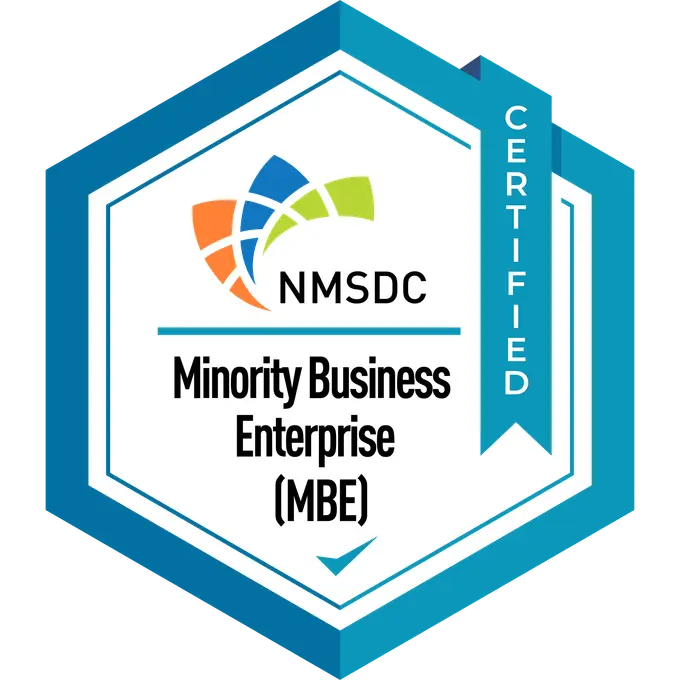How To Safeguard Your Data
As time goes on and we become more reliant on computers, networks, and cloud infrastructure to operate our businesses, it seems that the challenge of protecting all of this data becomes more and more difficult.
It feels like it is impossible to keep up, with new threats that are constantly cropping up from multiple attack vectors. From age-old phishing scams to modern malware like Cryptolocker and exploits involving the vulnerabilities of your WiFi or Ethernet networking, there is a lot to take into account when developing an IT security strategy.
It often feels like we’re constantly moving from one issue to the other – without being able to solve them all. This is especially true due to the sheer number of security products we use to try to lock down our systems. So what’s the solution? In this article, we’ll take a look at this issue, and help you understand how to eliminate your IT vulnerabilities – and keep your systems simple and future-proof.
Doing Too Little With Too Much – The Problem Of Overusing Security Software Suites
One of the reasons that we, as cybersecurity professionals, tend to feel overwhelmed by our work, has to do with the fact that we simply manage too many security products.
If you’ve ever felt like you’re simply responsible for too many security tools, you’re not alone. The Oracle and KPMG Cloud Threat Report 2018 found that most cybersecurity professionals managed an average of 46 different security products. Not only that, 7% of surveyed individuals were responsible for over 100 different products.
It’s completely impossible to have a true and complete understanding of so many different products – and to use them all effectively. Integrating all of these toolsets into both your on-premises and off-premises, cloud-based infrastructure is simply not possible.
This has a number of other drawbacks, too. There is a lot of overlap between these products, it may be nearly impossible to train a new hire on all of the tools they need to use, and you may be wasting money on “shelfware” products that you just don’t use.
In addition, there may also be skills shortages and delays when it’s time to address a security issue, and it may be hard to know which product to use to do so.
What Is To Be Done? Consolidating And Simplifying Cybersecurity Software
If you’re working in cybersecurity and you’re feeling overwhelmed, there is good news. As the cloud becomes more prevalent, there are more native cybersecurity suites than ever, which are integrated within SaaS, PaaS, and IaaS products from companies like Oracle.
Using Machine Learning (ML) and AI, these platforms are able to eliminate third-party security platforms, integrate tightly with your network architecture and servers, and reduce product overlap.
In the near future, there is unlikely to be a single security suite that can replace all 50 – or 100 – of your cybersecurity products. But there are many core security programs that allow you to simplify ownership and maintenance, and which seamlessly integrate with your other security and intelligence software products.
For example, the Oracle Cloud Access Security Broker (CASB) can be used as the identity and access component for any Oracle SaaS application or IaaS service – and to monitor user activity, permissions, insecure configurations, and other such details.
Using advanced risk data and ML algorithms, tools like the CASB can assess user risk, scan for security threats, and perform a number of other functions that used to be in the purview of third-party software. This can be done without any human interaction – allowing the automation of most security-related tasks.
When moving your infrastructure to the cloud – or leveraging hybrid cloud architecture – you need to use the native security features of your selected platform, to help you reduce your reliance on third-party security tools.
In other words, it’s time to abandon the “siloed” approach that requires a team of cybersecurity experts to tightly manage dozens of different applications. Native, ML and AI-powered software suites should be used to monitor day-to-day activity – and notify cybersecurity professionals about potential threats across disparate systems.
This allows you to reduce your reliance on complicated and potentially outdated software suites, and it saves you quite a bit of time, money and effort. In shorts, when you rely on native security tool sets with the Oracle Cloud, you can enjoy a number of benefits, while eliminating the complications of a traditional cybersecurity approach.
Move To The Cloud – And Use The Right Cybersecurity Tools To Lock Down Your Data
As a cybersecurity expert, you should be working to minimize redundancy and maximize efficiency. And with modern tools like the Oracle CASB, it’s easier than ever to take a more hands-off approach – while still ensuring that your data is secure.
About the Author: David Rincon
Start The Conversation Today!
- Schedule Your Consultation
- Enjoy a Personalized Strategy Session
- Level-Up Your IT





